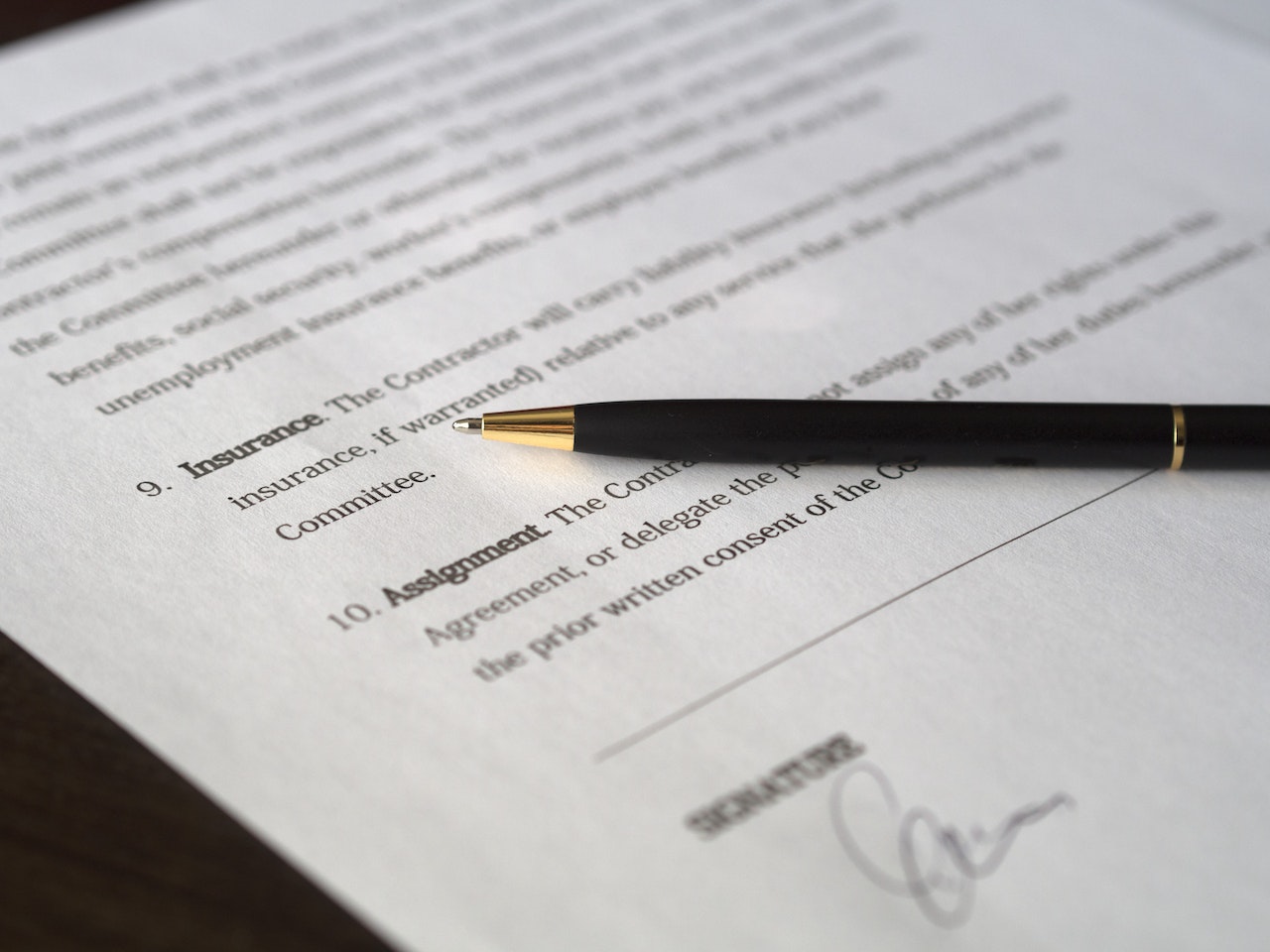Requirements of a will
A will is a legal instrument that will direct a court or other administrator as to what your wishes are with regard to your property after your death. A will is your words and in most cases, these words are binding on the administrator unless there is a law that supersedes your will, the will was made under duress or in the absence of a sound mind, or unless the will is contested and ruled against in a court of proper jurisdiction.
In most cases, you should seek professional assistance in preparing your will. After your death, it is obviously not possible to ask you to clarify things that are unclear. If you give things away that you are not legally able to or make requirements that are against the law, it can potentially invalidate a substantial part, if not all of the will. Therefore, it is generally best to go through the relatively easy process of having a lawyer create even a basic will.
Having said that, there may be circumstances where there is not the opportunity to consult with a lawyer, where there are few assets, or where you perhaps may not be able to afford the cost of preparing a will. Therefore, it would be necessary for you to know what requirements there are to creating a will.
Do not make assumptions
Many people look at their loving family and friends and assume that there will be no conflicts after their death with regard to the estate. Don’t make this assumption and perhaps more importantly, do NOT put this temptation in front of them.
If you assume that each will be fair with the other, their opinions of “fair” may be different than yours and different from each other’s opinion. Many siblings bear long and permanent damage to relationships that started when their parents died and it came time to “be fair” is the disposition of the estate.
Neither should you take anything for granted when creating your will. Just because you told everyone who was going to get your antique clock does not mean that everyone is going to remember it that way.
The courts are generally quite liberal in fulfilling your wishes according to your will. It doesn’t have to have legal language in it and it does not have to be a formal document. Legal wills have been created in crayon on the back of a napkin or a paper bag, and composed of no more than a couple of sentences.
However, you should note that the less specific a will is, the more general the court will have to interpret it. You cannot expect the court to read your mind. You must be as specific as you can be so that people know exactly what you are talking about.
It is also important that you leave your will with someone that you can trust. You could put everything you should into a will, but if nobody knows about it or someone destroys it, it’s the same as not having a will at all.
This is another reason to have an attorney prepare your will. Your attorney can keep a copy of it for you and be a witness to its formation. If someone were to claim that you were under pressure or had lost your mind, the attorney is a disinterested 3rd party who can attest to the circumstances surrounding your mental state of mind. Your other alternative is someone that you trust or a safe deposit box.
The following will assume that an attorney is not involved in the production of your will and you are doing it completely on your own.
Signature
The most important aspect of a written will and one that will make or break it every time, is the ability to determine that it is you that wrote the will. DO NOT just type your name at the bottom or your will. A typed name does not create a valid will because anyone could have done this and said it was you.
In most cases, your legal signature should be found at the bottom of the will and at the bottom of every page. This is crucial if the will is typed or done in someone else’s handwriting because it affirms that you have read and agree with every page.
Handwritten wills
Hand-written wills are completely legal and often have great force when claims against the legitimacy of the will are made. Written wills have even been upheld without a signature when the will itself is in the obvious hand of the person claimed as the testator.
If you prepare your own will, a completely hand-written will is far more compelling to a court than a typed one with your simple unattested to signature on the bottom. A signature is reasonably possible to fake, but a completely hand-written will would be very hard.
Verbal wills
Verbal wills are more common than one would think. However, because they are open to memory, interpretation, error, and personal agendas, they are the type of valid will that has the least amount of weight.
A verbal will can be merely the expression of thought from one person to another and are often the expression of a person who is dying to make or change their will in one way or another. However, a verbal will that is given but never written down, even though the testator had ample opportunity to do so later, is generally discarded, especially when there is a written will to the contrary.
In many cases, verbal wills must be heard by more than one witness and should include one or more parties that have no interest in the outcome. Verbal wills are very dangerous and should be avoided if at all possible.
Time of production (date)
Most people change their wills from time to time. For this reason, a date should be affixed to the will so that it can be determined which will is the most recent version. A court will almost always honor the provisions of a more recent will if there is no contention over the validity of that will.
If the will does not have a date, and there is more than one will, it can be hard to determine which is the most recent and therefore, the legitimate version of what you wanted at the time of death. Again, it is possible for a court to determine which version of a will is newer by facts that may be evident in the will or by testimony, but this can get tricky and very dangerous.
Corroboration
A written will should also have a witness sign it with you thereby stating that they saw you sign it of your own free will. While this is not mandatory, it can be used as corroborating evidence if a will is challenged.
To further corroborate the will and avoid “identity” challenges, it is ideal to have a 3rd party such as a notary public sign and affix their seal to the will. By doing this, they attesting to the fact that s(he) determined by legal means who you are, and that s(he) witnessed you actually signing the documents.












